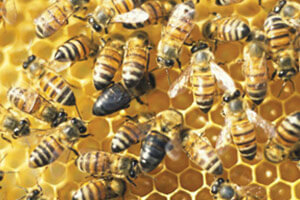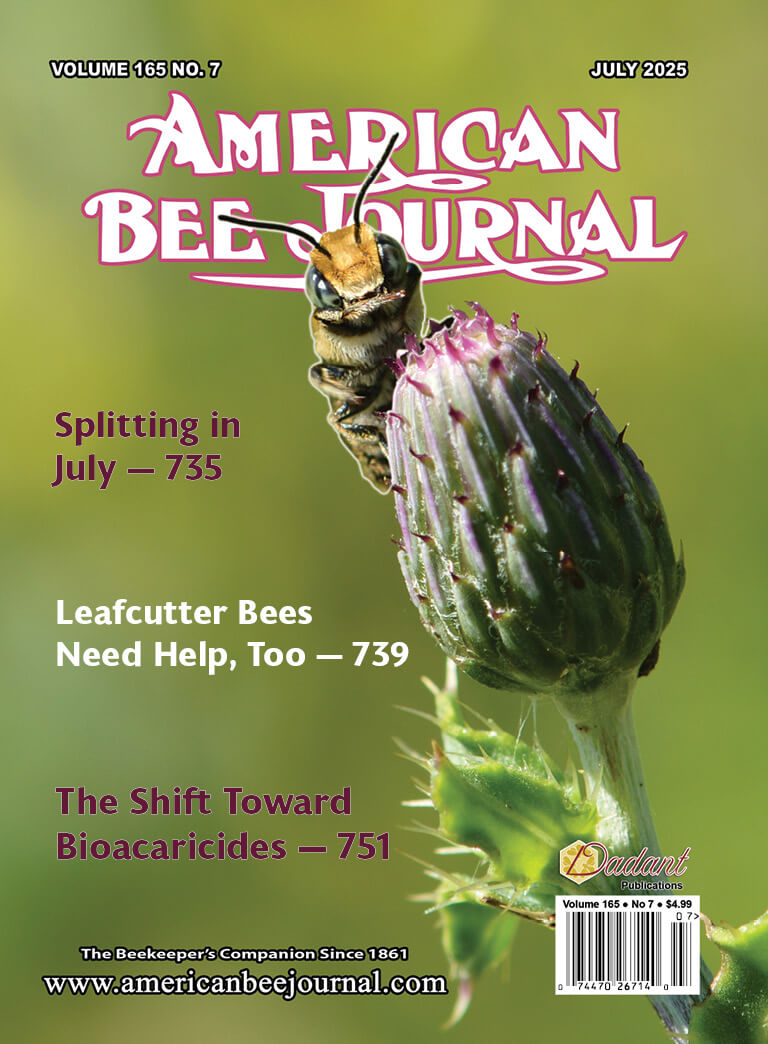
Genes related to hormone signaling and sex cell division let worker bees reproduce asexually
PLOS
Parasitic Cape honey bees exploit and overrun other honey bee colonies by triggering changes that let worker bees reproduce. This social parasitism is enabled by differences in several gene regions, including some related to hormone signaling and chromosomal segregation, report Andreas Wallberg and Matthew T. Webster of Uppsala University, in a new study published on June 9 in PLOS Genetics.
In honey bee colonies, usually the queen is the only female that can reproduce. But, in a subspecies of the Western honey bee known as the Cape bee, worker bees can activate their ovaries to reproduce asexually, generating more worker bees that can lay eggs. To understand the genetic basis underlying this unusual trait, scientists compared whole genome sequences from Cape bees and other African honey bee subspecies to identify genes regions in the parasitic bees that are missing in non-parasitic bees. Though the subspecies’ genomes are all highly similar, parasitic bees contained 39 areas that differed. The results suggest that multiple genes are required for social parasitism, including some involved in hormonal signaling that may cause worker bees to activate their ovaries and some involved in chromosomal segregation in sex cells, which may cause the switch to reproducing asexually.
Previous research had suggested that there is one master regulator that controls bee parasitism, but the current findings imply that the Cape bee’s strategy resulted from evolutionary forces acting on multiple traits. The study may also have economic implications: In 1990, when beekeepers transferred Cape bees outside of their natural range to northern South Africa, the bees destroyed existing managed colonies of African honey bees. A better understanding of the genetic regions involved in Cape bee parasitism will yield insights into the reproduction and chemical signaling in both parasitic and non-parasitic bee populations. Dr. Webster says: “The evolutionary advantage of sexual reproduction is a major unsolved question in biology. Populations that are able to forgo sexual reproduction and reproduce asexually, such as the Cape bees, may hold the key to this question.”


